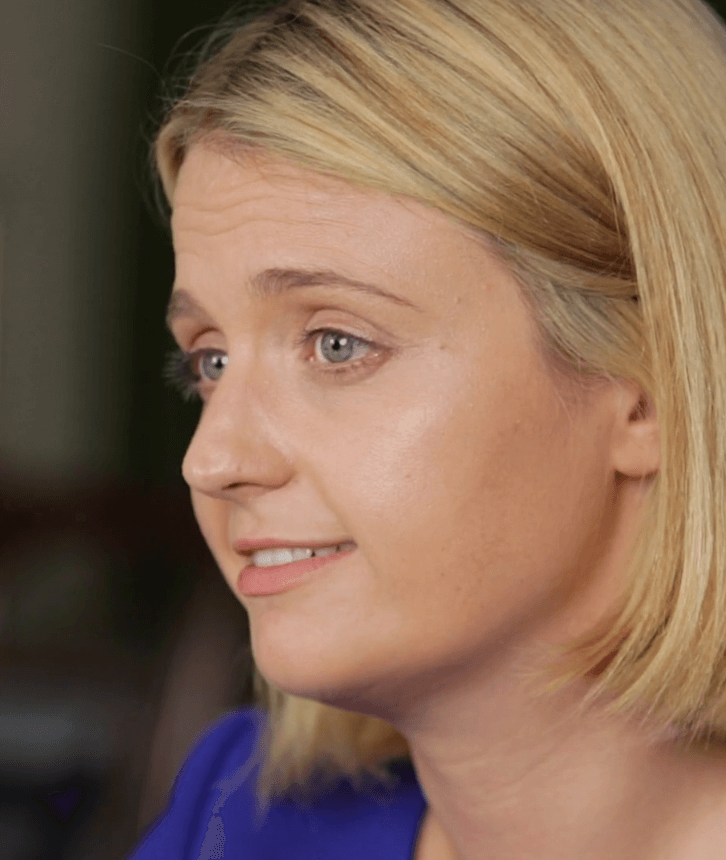Change is in the air: time to plan ahead
New beginnings can be stressful at this time of year but anticipating change and starting new habits in advance will help. Autumn heralds a lot of change: thoughts turn to new beginnings, and the new term. Everything seems to come at once. Children going back to school need new uniforms, books, sports gear and so on, piling on the financial pressure; finding time to do all that while juggling work and home life can ramp up the stress further.
“We are starting to understand that transition and change can be challenging,” says Dr Sarah O’Neill, counselling psychologist and clinical lead on laya healthcare’s 24/7 Mental Wellbeing Support Programme.
“Even if they like change, most people need an area of their life that feels secure and certain. But when things must change, we should stand back and take a look at it and decide how to approach it.”
She advises breaking down something like going back to school into different elements or tasks and approaching them in a systematic way. “Look at all the things you need to do and identify the ones which are creating most pressure or stress and try to deal with them first. Don’t wait for the first day in school to do them. Do it a little bit earlier. If you try to do everything on the one day it can be anxiety provoking.
One of the biggest pressure points can be the change in routine. Mealtimes, bedtimes, everything changes in one fell swoop. A little bit of advance planning can help, according to Dr O’Neill.
Watch Dr. Sarah talk about coping strategies:
And there are some simple strategies to help. “If you find the evenings are so busy you are never with your family, you should look at what you can do to make things easier for yourself. You can prepare meals at the weekend to last through the week, and make meal preparation a family activity with everyone taking part. Use home delivery shopping services and don’t feel guilty about it. Make life as easy as you can and don’t be too hard on yourself.”
She advises people who are still struggling to reach out to relatives or friends and get help. “Laya healthcare members can use the 24/7 Mental Wellbeing Support service that’s available to them at no additional cost to talk to a counsellor or parenting expert in confidence and get some practical and friendly parenting support.”
Money matters
Another source of anxiety at this time of the year is money. As the bills for new clothes, books, school trips, and extra-curricular activities mount up, many of us are still struggling with the credit card bill from the family holiday.
“A lot of us have financial concerns,” says Dr O’Neill. “Laya healthcare did some research* last year which asked people about the things that affect their mental health and wellbeing, and finance topped the list as the number one cause of worry.
People should break down what their main financial concerns are and then put a plan in place to deal with them. The first thing to do is put a security blanket in place by squirreling away a nest egg. This can help greatly.
Talking to financial wellbeing and legal advisers is a good idea as well. Laya healthcare members can access expert financial guidance and legal expertise as part of the 24/7 Mental Wellbeing Support benefit that is available on schemes at no additional cost to members so that’s a handy benefit for parents to tap into.”
And then there are the issues caused by uncertainty. “This is where it becomes quite existential,” says Dr O’Neill.
Be present
“Often when we are going through a period of anxiety, or are vulnerable, we think that everyone else has got it together and we are alone. But this is a flawed perception which isn’t borne out by research. If you find yourself feeling like this, you could try mindfulness to find a way to make a connection with the present moment and get out of the loop of anxiety around the future.”
Dr O’Neill also points out that laya healthcare members can benefit from 24/7 phone and online access to professional counsellors who are available to provide immediate “in the moment” support when someone is experiencing stress or anxiety. Services include counselling, financial and legal advice, career guidance and more. Members also have access to five face-to-face counselling sessions on select schemes, where appropriate.
“If you're concerned about how you are feeling, talking to a professional is always a good idea,” Dr O’Neill concludes. “One conversation might be all it takes to make a difference. In other cases, it might result in going for treatment. The important thing is to look for help.”
*Research was carried out by Empathy Research on behalf of Laya Healthcare among 1,000 Irish adults aged 18+ in August 2018.
It's good to live
To learn more about the laya healthcare 24/7 Mental Wellbeing Support Programme, go to layahealthcare.ie/yourbenefits/mentalwellbeingsupport/
Insurance is provided by Elips Insurance Limited trading as Laya Healthcare. Laya Healthcare Limited, trading as Laya Healthcare and Laya Life, is regulated by the Central Bank of Ireland.
Written in conjunction with the Irish Times with images provided from Getty images.







